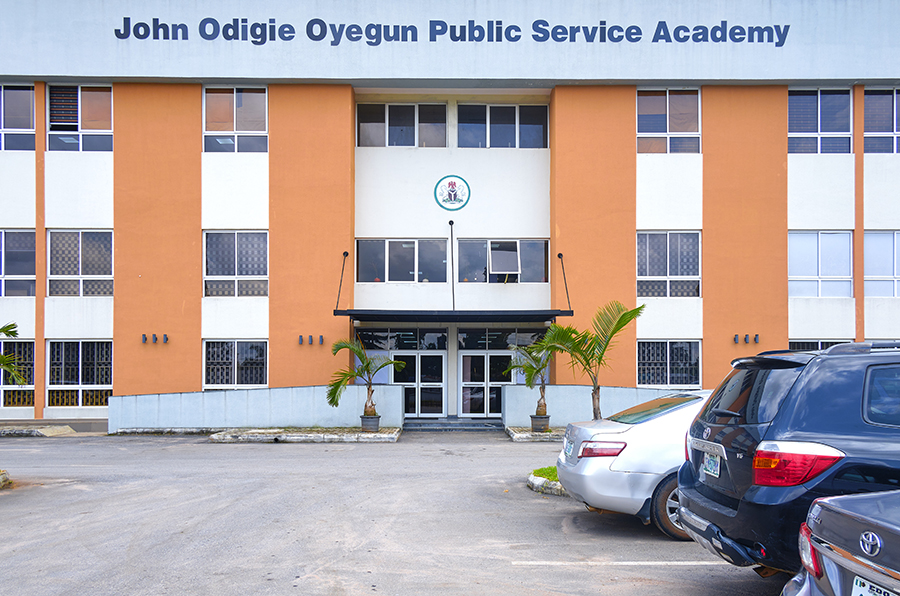
The training which took place from September 13-14 at the Academy in Benin, was meant to empower civil and public servants in the state with the latest trend in organising and discharging their duties in a fast-growing and technology-driven world.
According to the Director General of JOOPSA, Imuwahen Ajoonu, all the modules in the course have been designed to introduce the Edo State Civil and Public Service workforce to Artificial Intelligence.
She said, “Artificial Intelligence, the world over, is transforming the way governments operate and provide services to citizens. Indeed, understanding the fundamentals of AI remains essential for government officials to make informed decisions, develop effective policies, and harness the potential of AI technologies for public good.
“The aim of the course is to empower civil and public servants with the requisite knowledge to enhance government operations, provide better services to citizens, make data-driven decisions.”
She reiterated that since AI can analyse vast amounts of data quickly, identify trends and provide insights, it could help government make more informed decisions, especially in areas like policy development, resource allocation, and crisis management.
She added, “Artificial Intelligence can also automate routine and time-consuming tasks, allowing government workers to focus on more complex and value-added activities. This will not only increases efficiency but also leads to cost savings in the long run.
“In line with Governor Godwin Obaseki’s E-Governance drive, the AI training programme is geared to, among other things, support workers to make more data driven decisions, resulting in transparency accountability and value-for-money outcomes.”
At the inaugural session of the programme, the lead Facilitator Professor Yinka Omorogbe (SAN) demonstrated to participants that everyone in Government could leverage Artificial Intelligence to improve efficiency, effectiveness, and responsiveness of government operations.
He noted that government workers trained in AI could harness predictive analytics to anticipate trends and issues, adding, “For example, AI could predict traffic congestions, allowing city planners to optimize traffic management, or it could be deployed to forecast disease outbreaks, enabling health agencies to allocate resources more effectively.”









